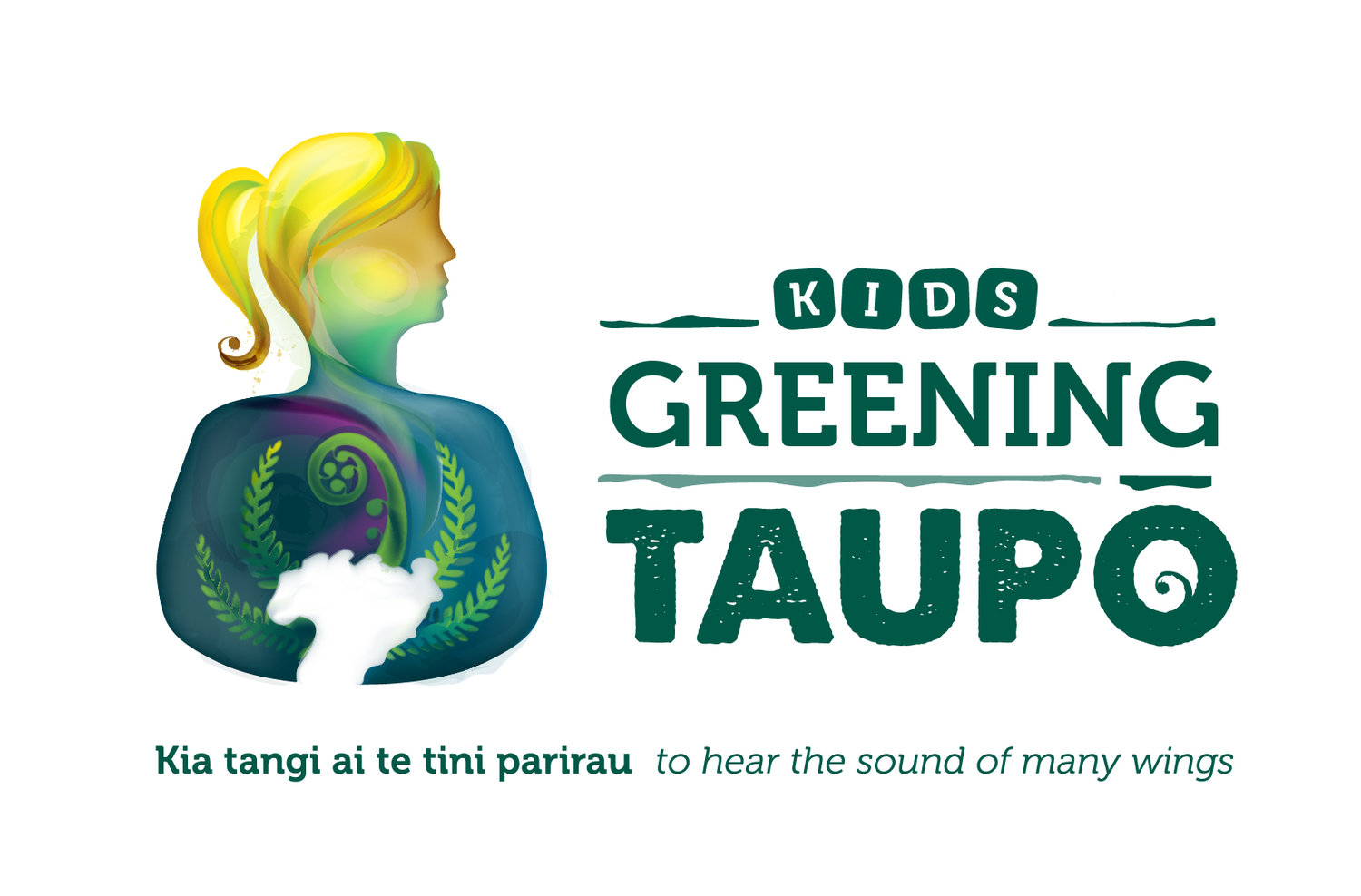Learn about Climate Change
A simple explanation for younger children
An explanation of Climate Change for children
A video that empowers kids and gives them ideas for how they can make a difference to climate change
A good summary for older children (Year 7-13)
“Over the past century, our planet has been getting warmer. When you’re playing winter sports in a southerly gale, this might not seem like a bad thing. But think again. Climate change isn’t only about warmer weather. A rise in the temperature means more extreme weather, including wild storms and heatwaves. Climate change also means more frequent droughts and wildfires, melting ice sheets, melting glaciers, and flooding. These things aren’t waiting for us in the distant future. Climate change is here, and it’s the biggest challenge the world has ever faced.”
Tricia Glensor, Climate Change: Our Biggest Challenge, School Journal, Level 4, June 2018
Follow the link above, and click on ‘Text’ to download and read the awesome school journal article all about climate change. After reading it, think about what changes you can make to help slow down climate change. If we all make changes, we can make a difference. Here are some suggestions of things that you might be able to do.
The United Nations has come up with Climate Change Superheroes and made ‘missions’ for kids to take on to become one of the superheroes. Check out this cool resource and see if you can complete the missions to help in the fight against climate change. There are certificates to print out for children who complete the missions!
Here are some wonderful read aloud stories that will get you thinking about looking after our environment. See if you can find these books in your library to read yourself!
This is another great book to teach children ways to be sustainable and to help to look after our environment. It’s available through Scholastic in New Zealand.
‘The Lorax’ by Dr Seuss is an awesome book to get discussion happening about consumerism, sustainability, pollution, deforestation and generally looking after our planet! It is a perfect introduction to any environmental education.
Check out this NIWA resource, Our planet is warming, for more information about climate change, it also has videos to watch, a hands on experiment to try, and a kahoot quiz to test you on what you’ve learnt. Have fun!
New Zealand specific information on climate change and forecasts for the future. Aimed at Year 7-13 students.
For Teachers:
The Ministry of Education has released some Climate Change Resources. There is a Climate Change Teacher Resource, which is a level 4 programme that aims to increase awareness of climate change and explain the role science plays in understanding it. There is also a Climate Change Wellbeing Guide, which has been developed to provide teachers with background information and tailored resources to help them navigate the delivery of climate change scientific content, whilst maintaining the wellbeing/hauora of students.
United Nations- Be a Climate Action Super Hero: these resources aim to educate and engage children on how to help limit global warming and take care of our environment. Each of the missions has downloadable content including activities to be done by the child with the help of an adult.
The Pūtātara Toolkit provides information and links on a range of resources that you will find helpful in teaching and learning about sustainability and global citizenship.
If you would like resources for teaching about energy with links to the New Zealand curriculum for Years 1-13. Check out these very cool Genesis Energy Teaching Resources. There are some great experiments, activities, and STEM projects here.
Here are some climate change resources from Science Learning Hub. They have a great resource titled Why Climate Change Matters to Maori. There is also a good resource to help you plan an inquiry unit around climate change.
There are some other journal articles that you can find at school, or online. Here are a few that we recommend:
Connected 2017 Level 4 - Where to Next?, Global Action This article examines what global warming is, explores how scientists use computer modelling to predict the impact of climate change, and explains how scientific innovations in New Zealand could help reduce our agricultural emissions.
School Journal Level 4 May 2020, Feedback This article is a follow up to “Climate Change: Our Biggest Challenge”. It explains the phenomenon of feedback loops – positive feedback loops, which can cause climate change to accelerate, or negative loops, which can lessen the factors that cause change.
School Journal, Part 3, Number 1, 2011, How Big is Your Footprint An article about the greenhouse effect and carbon footprints
NIWA have some fantastic resources available for teachers to use with their tamariki when teaching about weather and climate change. These resources are aimed at Year 7-8 students, but can easily be adapted for use with younger or older students. Most of them are available in Powerpoint format, have information, videos, hands on experiments, and a quiz at the end which can be played as a kahoot.
Here’s a great read aloud story to introduce the idea of looking after our planet to our youngest children


